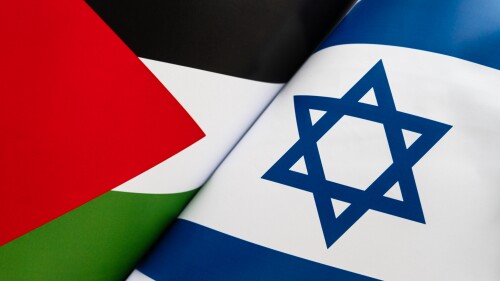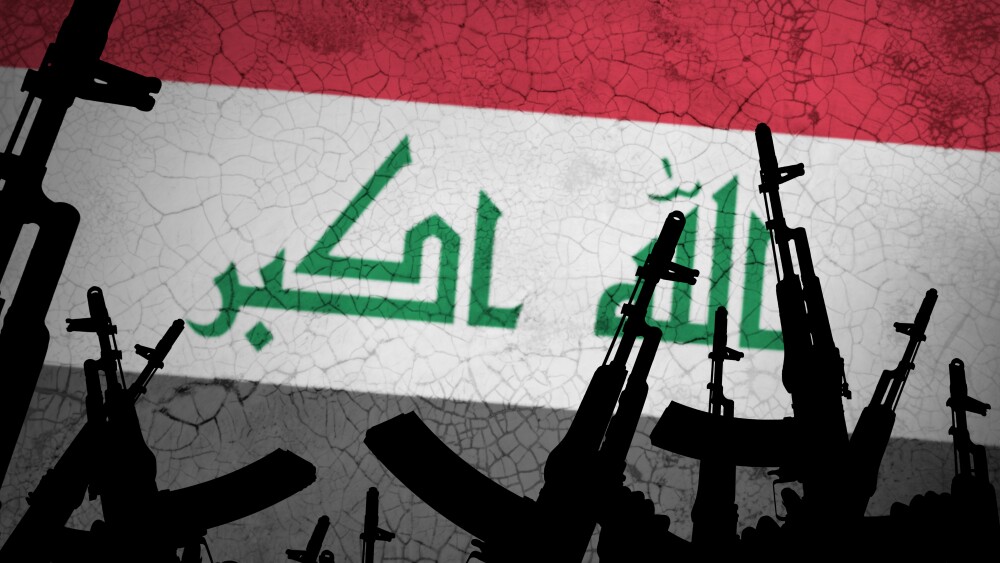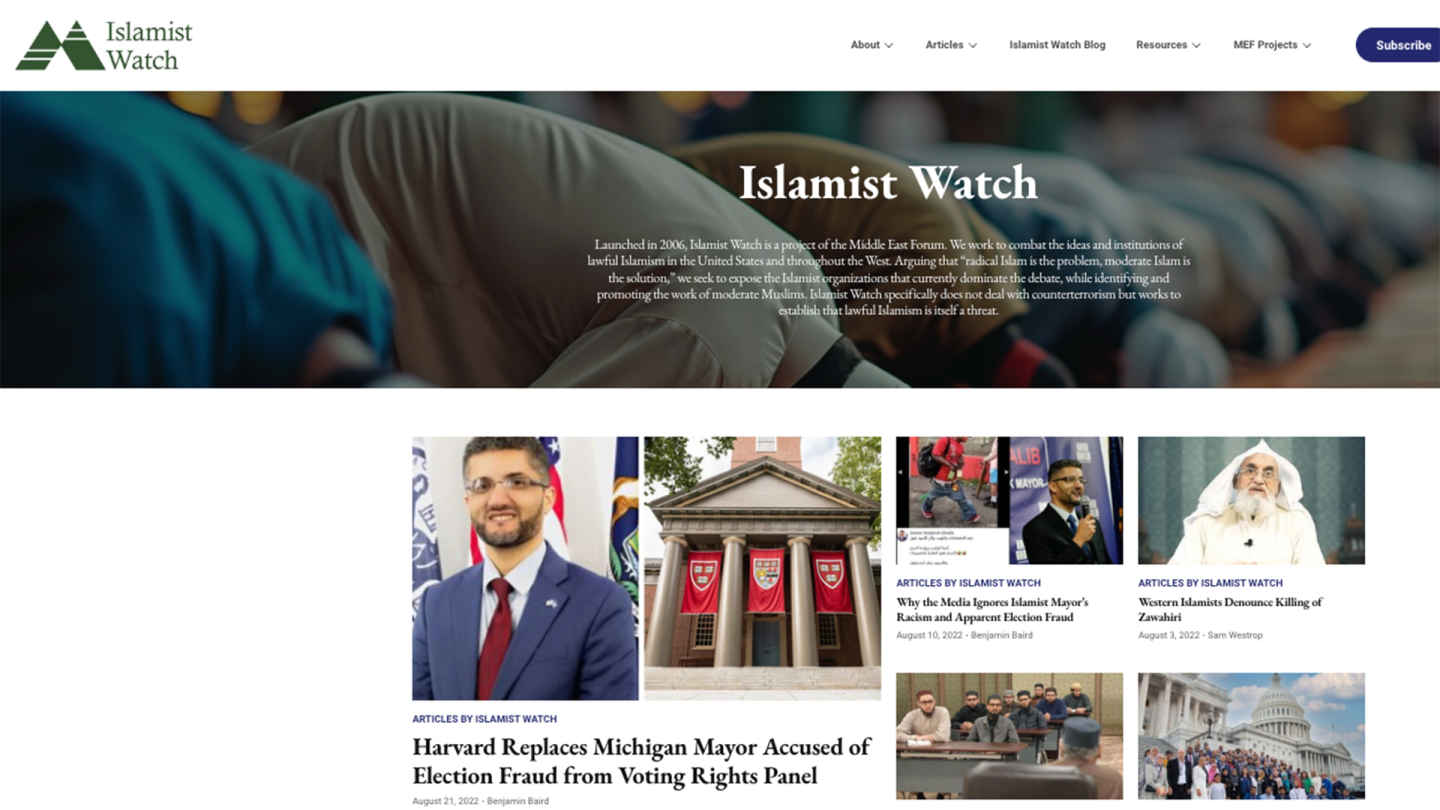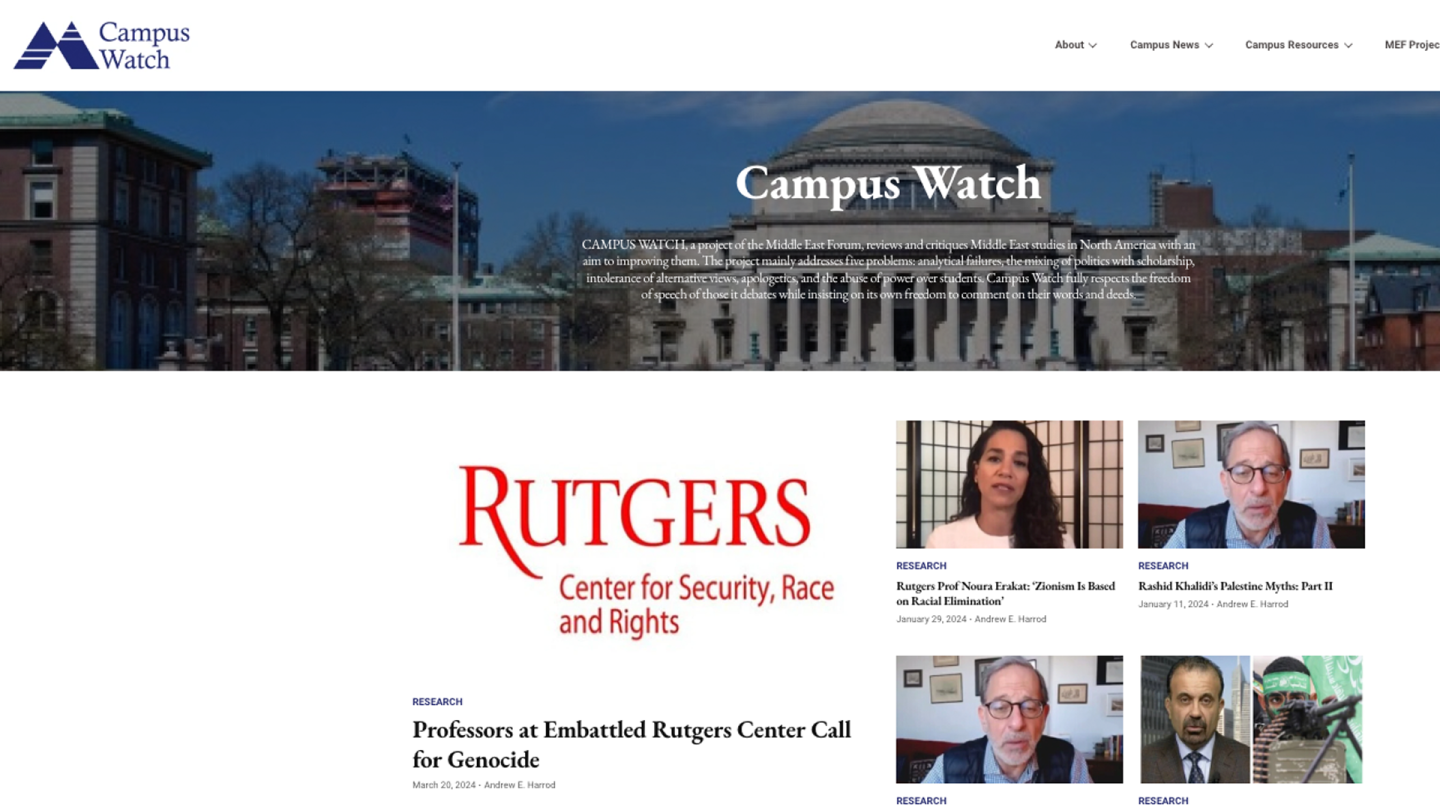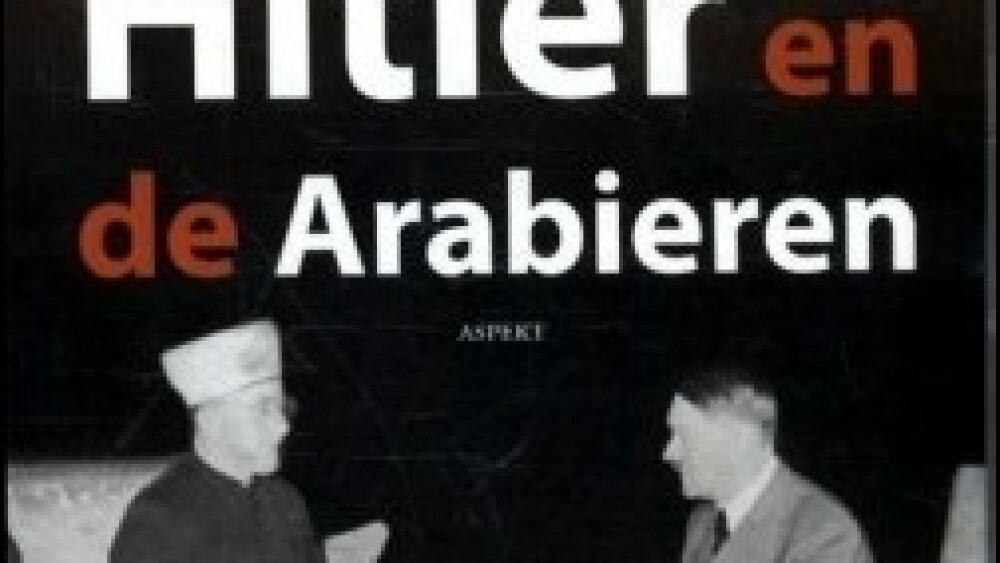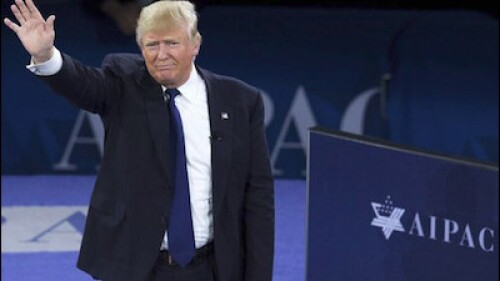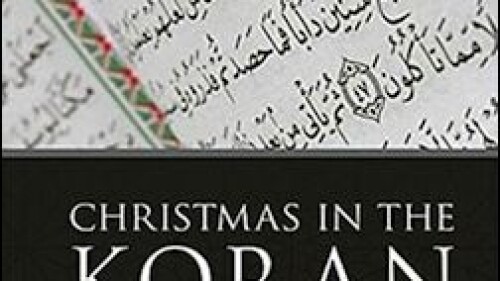One Often Finds the Armed Group Hay’at Tahrir al-Sham Described as Either Being al-Qa ‘Ida or ‘al-Qa‘Ida-Linked’; This Is Simply Not the Case
Pro-Hamas, Anti-jewish College Demonstrators Here on Visas Are on Notice That Their U.S. Welcome Is Over, Even with Expected Lawsuits
Neither the KDP nor the PUK Wants to Compromise, but They No Longer Can Delay Cabinet Formation
The Executioners Are Once Again Wearing Hamas Uniforms, but the Victims Are Six Arabs of Gaza, Six Alleged ‘Collaborators with Israel’
The Islamic Revolutionary Guard Corps Fights Behind the Scenes to Consolidate Control over Iraq
The Old Dictatorship Was Gone. But Was a New, Islamist Regime in the Process of Being Formed?
Inside Syria’s Ancient Capital, a Lone Jewish Guardian Watches over Abandoned Properties While Islamist Rulers Patrol the Rubble of Historic Synagogues
The Three Suspects Allegedly Wanted to Avenge the Arab-Berber Troops Defeated in 732 by Charles Martel at the Battle of Poitiers
The Election of Lebanese Armed Forces Chief Joseph Aoun to Be Lebanon’s President Puts an Opponent to Hezbollah at Lebanon’s Helm
Spotlight: The False Narratives of the Palestinians
False narratives of Palestinian settlement in parts of the modern state of Israel claim that “Palestinians” are the original inhabitants, while Israelis are “colonizers” with no historical claim to the land. Yet, as Daniel Pipes wrote in 2024, “Palestinians … are not an aboriginal, autochthonous, first, indigenous, or native people; most of them are as recently arrived as Zionists. They are also as ethnically diverse.”
What are these ahistorical narratives, and how can they be corrected? How do they affect the current wave of recognitions of a “State of Palestine” and public perceptions of Israel?
What are these ahistorical narratives, and how can they be corrected? How do they affect the current wave of recognitions of a “State of Palestine” and public perceptions of Israel?
Whatever Its Goal—Be It to Destroy Israel or Only Reduce Its Size—The Palestine Liberation Organization (PLO) Is Israel’s Most Intimate and Permanent Enemy
Middle East Quarterly - Current Issue
Founded in 1994 by Daniel Pipes, MEQ is the Middle East Forum’s journal intended for both scholars and the educated public. Policymakers, opinion-makers, academics, and journalists write for and read the Quarterly, which is known for exclusive interviews, in-depth historical articles, and book reviews on subjects ranging from archaeology to politics and on countries from Morocco to Iran.
Fall 2025 Volume 32: Number 4
Fall 2025 Volume 32: Number 4
-
The U.S. State Department Has Designated Four Iran-Backed Shi’a Militias as Foreign Terrorist Organizations, Following Years of Advocacy by the Middle East Forum
-
Middle East Forum Report Exposes Terror Ties Among Faculty as University Reels from President’s Resignation and $790M Federal Funding Freeze
-
DHS: ‘We Take the Results of the MEF Report Very Seriously’
-
Because of a Lack of Natural Resources, Suwayda, Where the Majority of Syrian Druze Live, Is the Most Impoverished Region in the Country
-
Turkey Aims to Establish Itself as a Sub-Regional Power to Fill the Void Left by a Weakened Russia and a Diminished Iran
-
Although the Majority of Americans Do Not Hold Antisemitic Views, 60 Percent of the College-Age Demographic Do
-
Well Before the October 7 Attack in Israel, University Administrators Were Cowed by Vocal Campus Pro-Palestinian Activists
Middle East Forum Observer
Founded in 2024, the Observer provides rapid analysis on leading Middle East developments, from Marrakech to Mashhad and the Bab el-Mandeb to the Black Sea.
Launched in 2006, Islamist Watch is a project of the Middle East Forum. We work to combat the ideas and institutions of lawful Islamism in the United States and throughout the West. Arguing that “radical Islam is the problem, moderate Islam is the solution,” we seek to expose the Islamist organizations that currently dominate the debate, while identifying and promoting the work of moderate Muslims.
CAMPUS WATCH, a project of the Middle East Forum, reviews and critiques Middle East studies in North America with an aim to improving them. The project mainly addresses five problems: analytical failures, the mixing of politics with scholarship, intolerance of alternative views, apologetics, and the abuse of power over students. Campus Watch fully respects the freedom of speech of those it debates while insisting on its own freedom to comment on their words and deeds.













